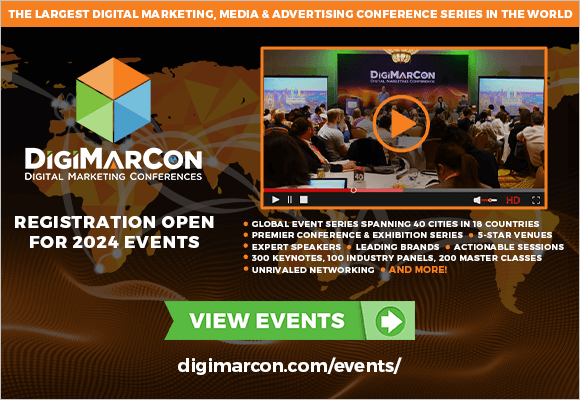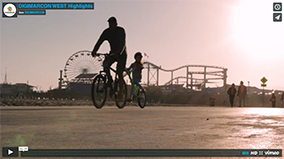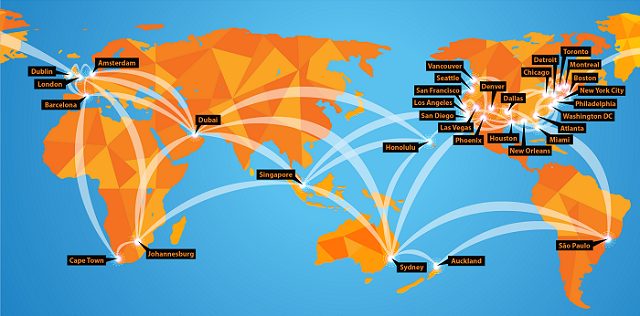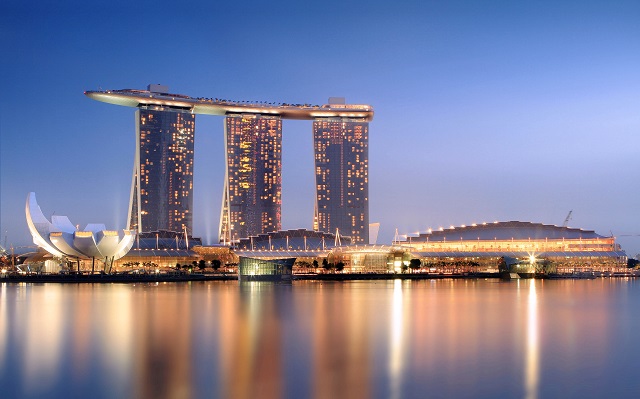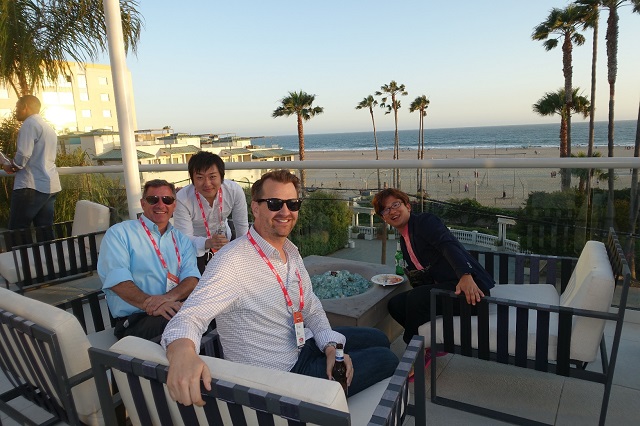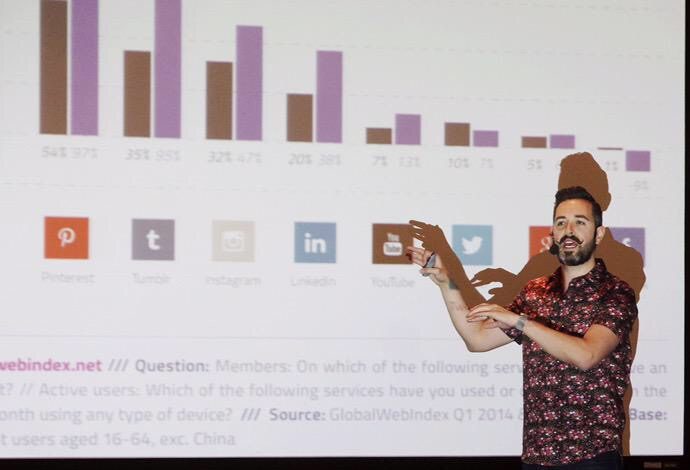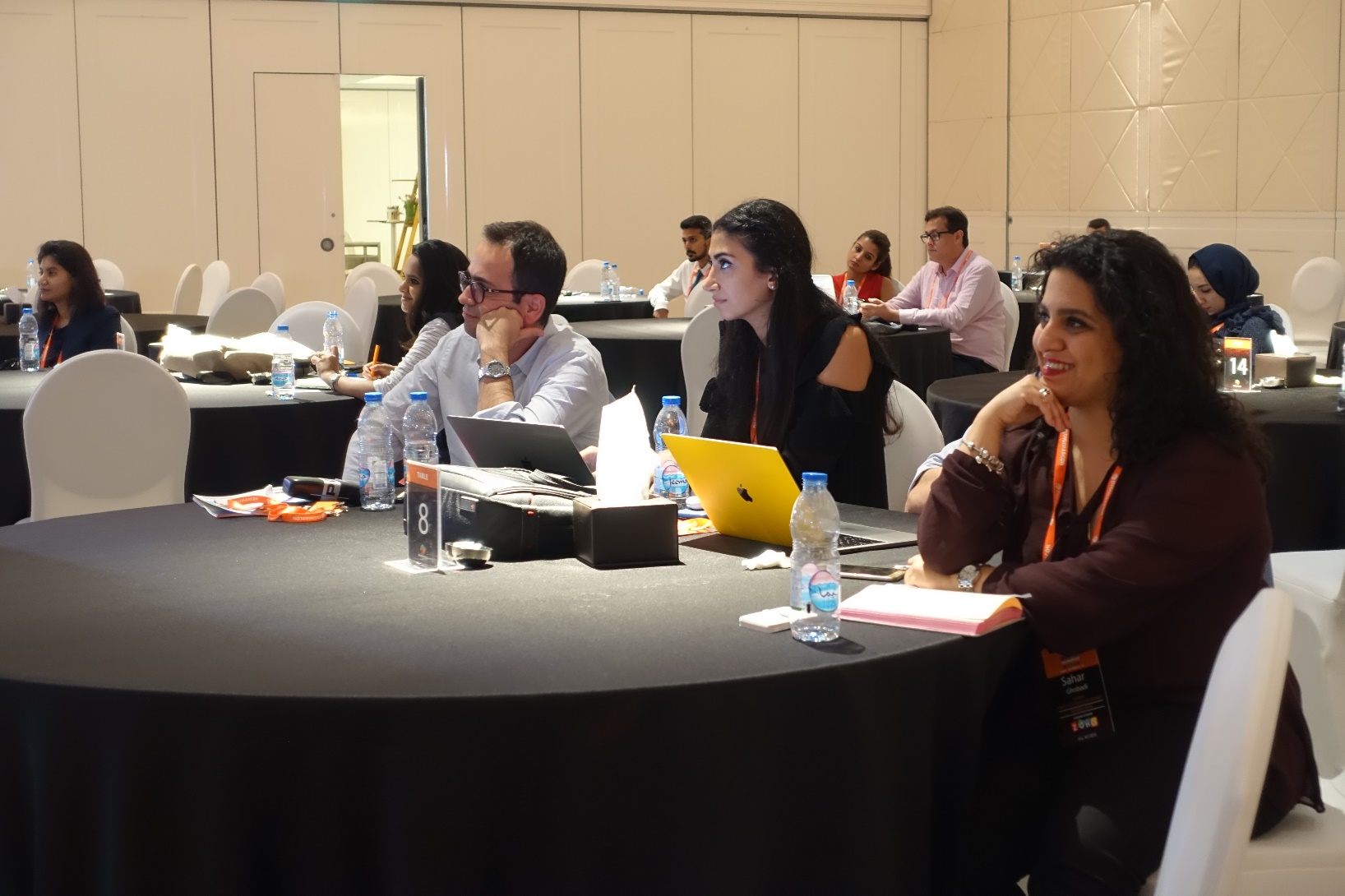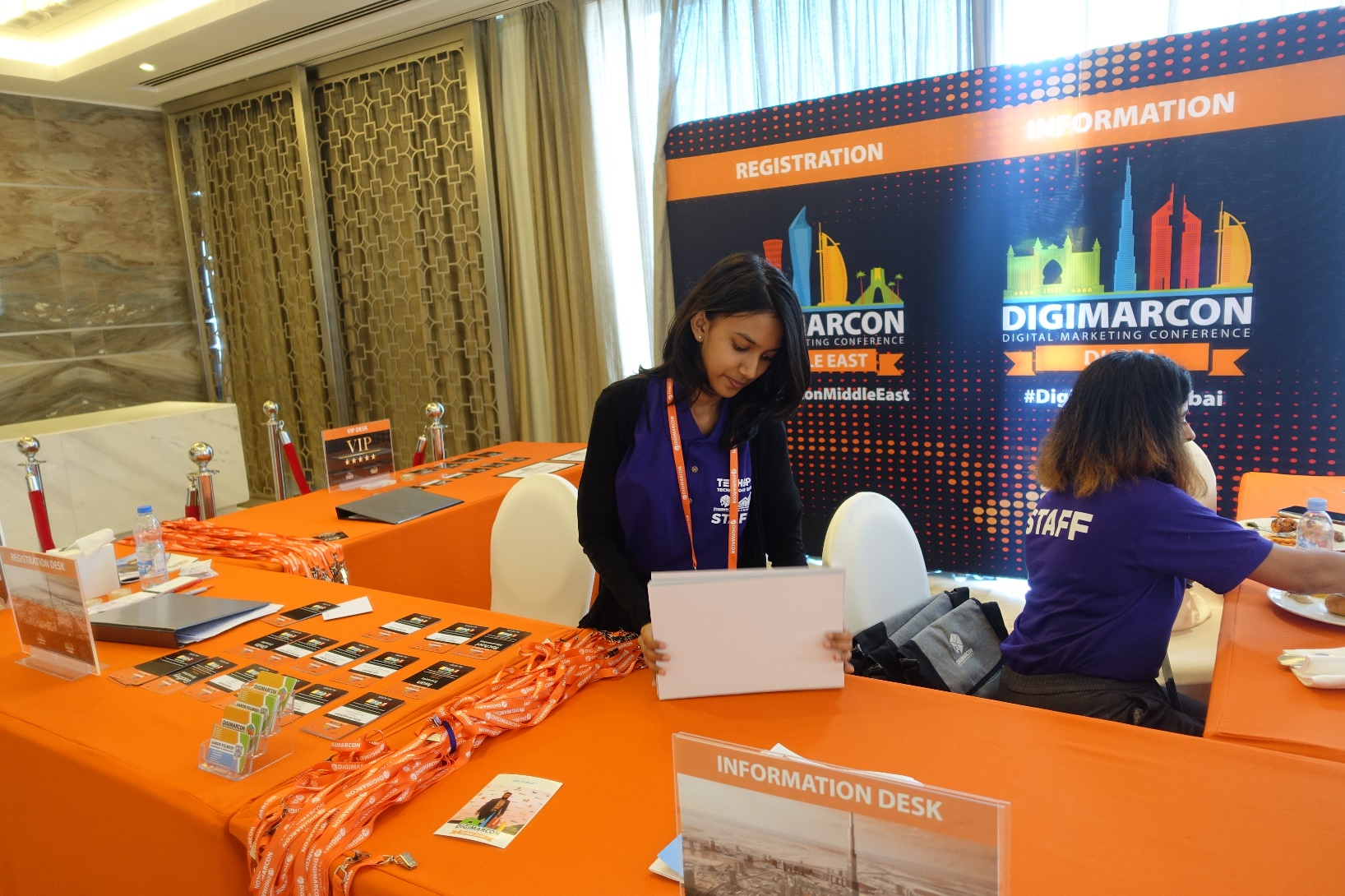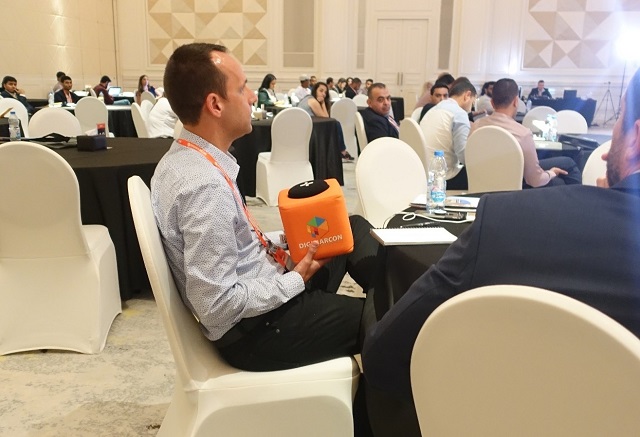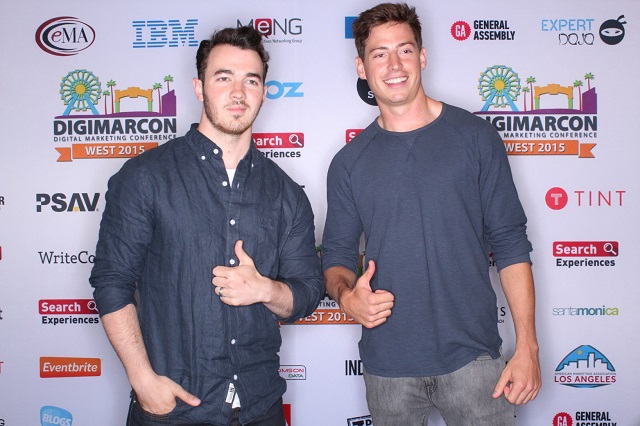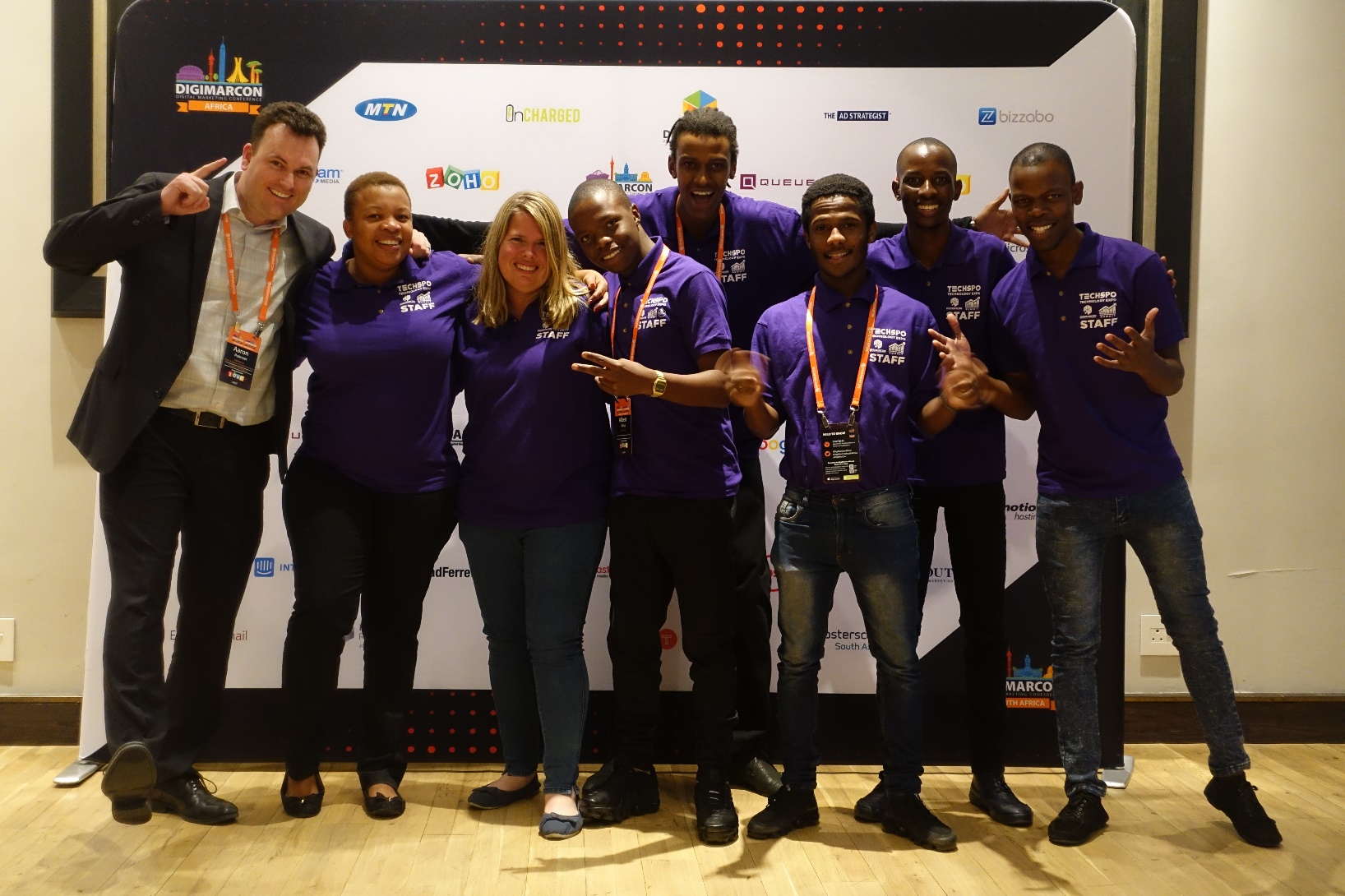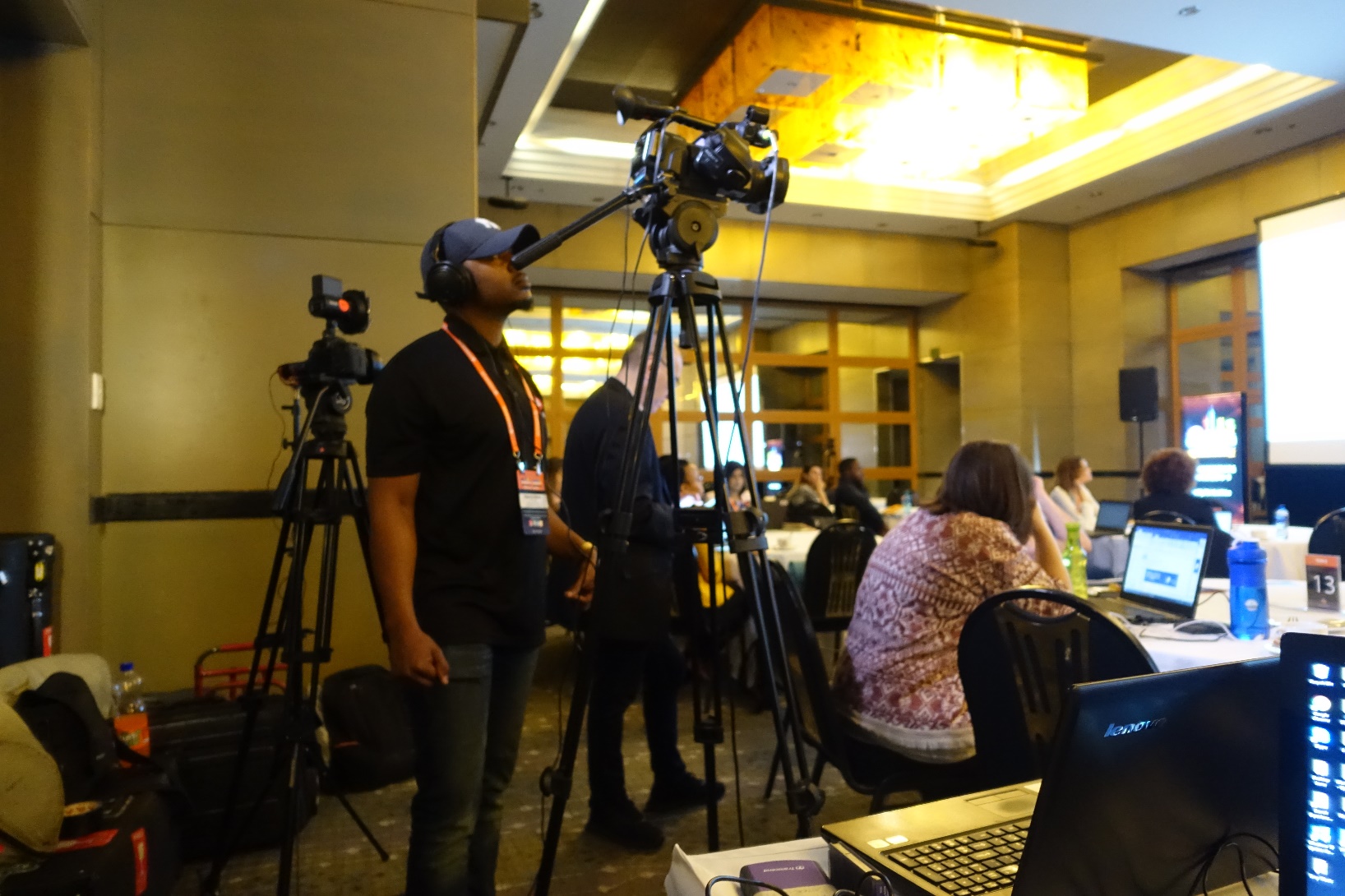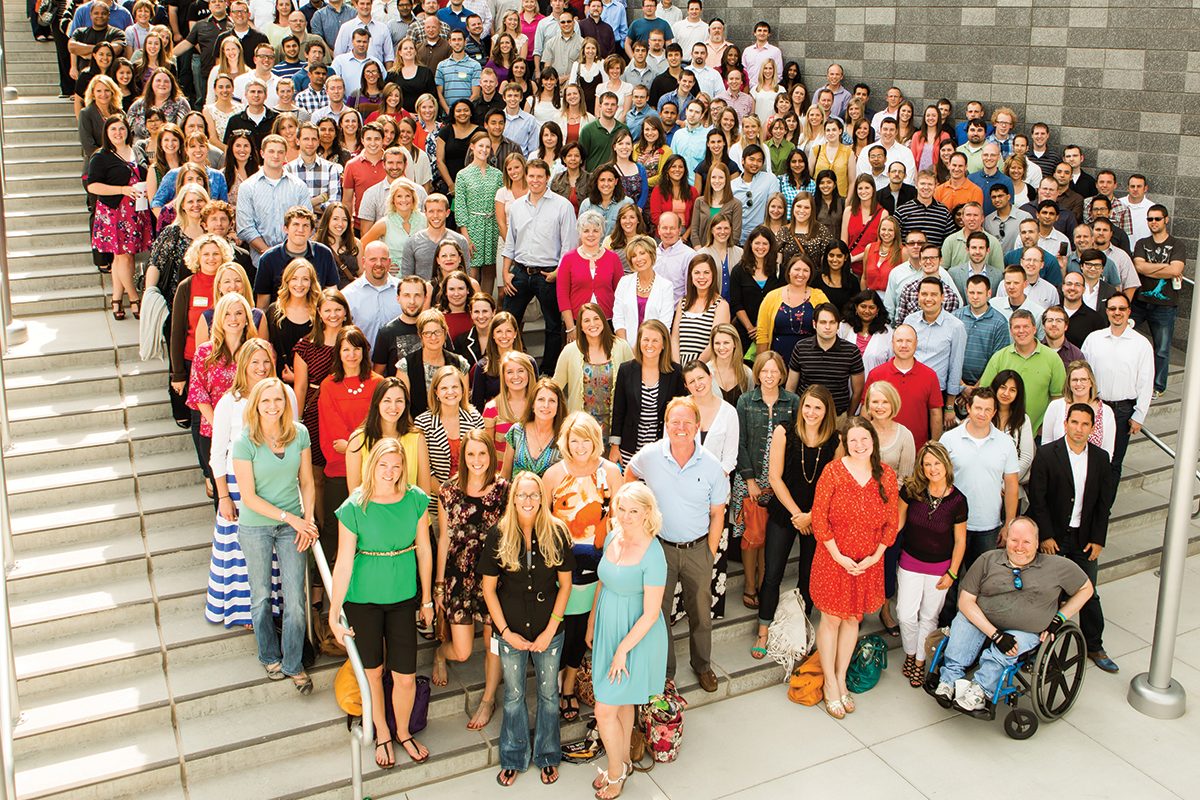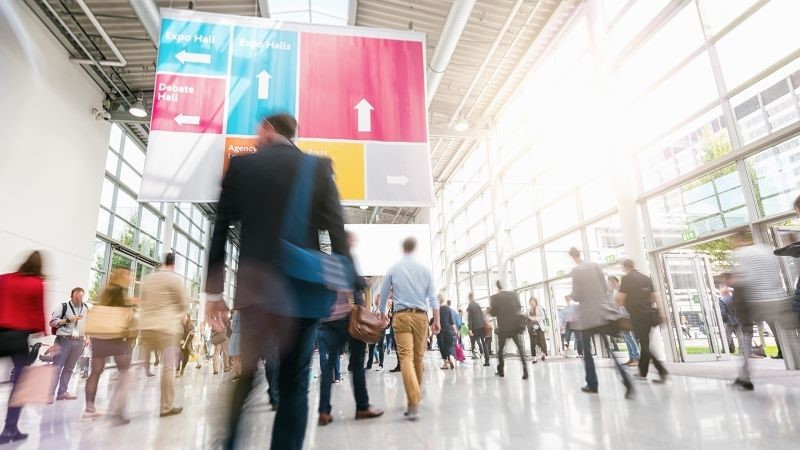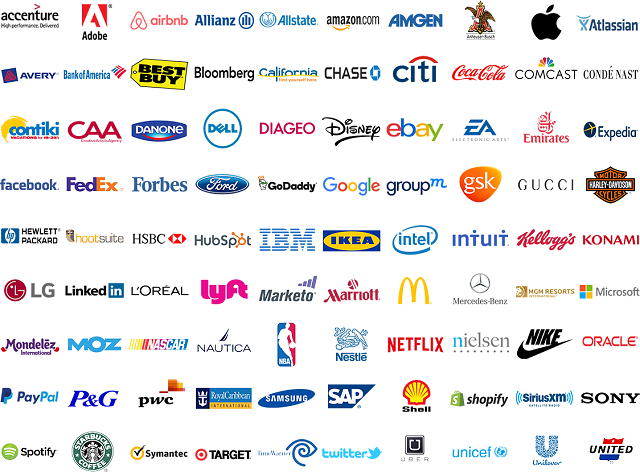The Pros and Cons of Social Media on Mental Health: What You Really Need to Know
Hey there, social media enthusiasts and digital well-being seekers! As your trusted source for all things social media, we’re diving deep into a topic that affects billions of us every day: the pros and cons of social media on mental health.
As a behavioral health professional, I’ve seen firsthand how our always-connected world can be both a blessing and a curse for our psychological well-being. Let’s unpack this complex relationship together.
The Love-Hate Relationship We Can’t Seem to Quit
Let’s face it – social media is like that friend who’s both the life of the party and sometimes a bit too much to handle.
We love staying connected, but we also catch ourselves mindlessly scrolling at 2 AM, wondering why we can’t just put the phone down. Sound familiar? You’re definitely not alone.
Understanding the Relationship Between Social Media and Mental Health
Social media has become an integral part of our daily lives, and its impact on mental health is a topic of growing concern. While social media offers numerous benefits, such as connectivity and access to valuable resources, it also poses significant risks to mental health.
Understanding the relationship between social media and mental health is crucial for developing effective strategies to mitigate its negative effects.
The Pew Research Center has highlighted how social media usage can both positively and negatively affect mental health. On one hand, social media apps provide platforms for raising awareness about mental health issues and connecting with supportive communities.
On the other hand, excessive social media use can lead to social media addiction, contributing to anxiety, depression, and other mental health challenges. By recognizing these dual aspects, we can better navigate our social media habits to support our mental wellbeing.
The Bright Side: When Social Media Boosts Our Mental Health
Finding Your Tribe Online
One of the most beautiful things I’ve witnessed in my practice is how social media can be a lifeline for people who feel isolated in their “real” lives.
Whether you’re the only person in your town who’s obsessed with vintage typewriters or you’re dealing with a rare health condition, social media can connect you with others who get it.
I remember a client who struggled with social anxiety telling me how joining an online community of artists literally changed her life. She went from feeling like an outsider to having a whole network of supportive friends who shared her passion. That’s the kind of connection that can be genuinely transformative for mental health.
A Platform for Self-Expression
Social media gives us a voice, a canvas, a stage – whatever metaphor you prefer. For many people, especially those who might feel voiceless in their daily lives, this is incredibly empowering.
Whether it’s through thoughtful Twitter threads, artistic Instagram posts, or vulnerable TikTok videos, the ability to express yourself and potentially reach others who resonate with your message can be incredibly validating.


